From Simulation to Reality: Advancements in Robotics with NVIDIA's Arsalan Mousavian
In our recent Innovation Forum, Arsalan Mousavian, a senior robotics research scientist at Nvidia, delved deep into the advancements in robotics that are shaping our future. The video is titled, "From Simulation to Reality: Advancements in Robotics." The video presentation offers a comprehensive look at how Nvidia is pushing the boundaries in the field of robotics and artificial intelligence (AI). This blog post aims to summarize the key takeaways from this enlightening talk.
The Convergence of Robotics and AI
Nvidia, a company renowned for its work in AI and accelerated computing, is also making significant strides in the field of robotics. The company is focusing on the intersection of robotics and AI, aiming to train robots in simulated environments and then deploy them in the real world. This approach promises to revolutionize how robots interact with their surroundings and accomplish tasks.
Nvidia Omniverse
One of the most exciting developments is Nvidia's Omniverse, a simulation platform designed for the virtual world. Omniverse relies on four key pillars: Ray tracing technology, compute power, USD file format, and AI. This platform has a wide range of applications, from robotics to space planning in factories, offering a versatile tool for various industries.
The Role of Simulation in Robotics
Collecting real-world training data for robots is a time-consuming and expensive process. Nvidia addresses this challenge by using simulation to generate large amounts of annotated data quickly. This simulated data serves as a valuable resource for training robotic systems.
Grasping Unknown Objects
Nvidia has developed specialized systems that predict the best way for a robot to grasp an object. Remarkably, these systems are trained entirely in simulation and can be deployed in the real world without further adjustments. This capability could revolutionize tasks like sorting and packaging in various industries.
Advanced Robotic Capabilities
Nvidia is also working on object instance segmentation, which groups pixels belonging to the same object. This technology has applications in object tracking and fuchsia detection. Additionally, Nvidia is developing technology for image-based object rearrangements. In this setup, a target image is provided, and the robot rearranges objects to match the target, which can be particularly useful in repetitive tasks.
Language-Based Communication
Another groundbreaking development is the use of large language models like GPT-3 for intuitive robot-human interaction. These models can break down high-level commands into sub-actions, enabling robots to accomplish complex tasks with ease.
Deployment and User-Friendliness
Nvidia is committed to making robotic systems user-friendly so that they can be easily deployed in factories and manufacturing plants. The goal is to abstract away the complexity and make the technology accessible, thereby lowering the barrier to entry for adopting new robots.
Future Collaborations
Nvidia collaborates with various technology companies and robot OEMs like Fanuc and Universal Robots. They are also working with cloud giants like Microsoft and Amazon. Arsalan Mousavian emphasized the importance of asking the right research questions and understanding the pain points in the industry to guide future research.
The advancements in robotics presented by Nvidia's Arsalan Mousavian offer a glimpse into a future where robots are more capable, versatile, and easier to deploy. By leveraging the power of AI and simulation, Nvidia is setting the stage for revolutionary changes in the field of robotics.
About Arsalan Mousavian:
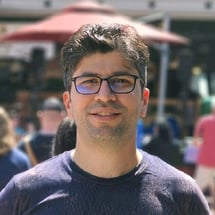 Arsalan Mousavian is a senior research scientist at NVIDIA Seattle Robotics Lab, where he works on computer vision and 3D vision for robotics tasks such as object manipulation.
Arsalan Mousavian is a senior research scientist at NVIDIA Seattle Robotics Lab, where he works on computer vision and 3D vision for robotics tasks such as object manipulation.
He has a Ph.D. in Computer Science from George Mason University, where he was supervised by Prof. Jana Kosecka and worked on various computer vision problems for robot perception such as vision-based navigation, object pose estimation, object detection, semantic segmentation, and image-based localization.
He has also done internships at Google Brain Robotics, Zoox, and Google StreetView during his Ph.D. He has a master's degree in AI and Robotics from the University of Tehran. He has published over 40 papers in top-tier conferences and journals such as CVPR, ICCV, ICRA, RSS, and IROS.
He has received several awards and honors such as the best paper award on Human-Robot Interaction at ICRA 2021, the outstanding graduate student award in the CS department at GMU, and the promotion to senior robotics research scientist at NVIDIA.
He is interested in using deep learning and geometry for solving challenging robotics problems such as model-free object manipulation in unconstrained environments, 6D pose estimation of objects, instance segmentation and recognition from RGB-D images, and reactive human-to-robot handovers of arbitrary objects.
Reach out to Arsalan Mousavian
- Website
- Read more about NVIDIA Robotics Research
- Read more about NVIDIA Isaac
About Norman Yu
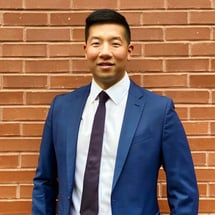 Norman is the Director of Strategy and Innovation at Kocer Consulting + Engineering, PLLC, and leads the CAMPS Innovation Forum.
Norman is the Director of Strategy and Innovation at Kocer Consulting + Engineering, PLLC, and leads the CAMPS Innovation Forum.
LinkedIn
Kocer Consulting + Engineering, PLLC
About the CAMPS Innovation Forum
The CAMPS Innovation Forum is a monthly Zoom call on the first Wednesday of each month. It features interviews with thought leaders and innovators on the leading edge of manufacturing technology.
About CAMPS
The Center for Advanced Manufacturing Puget Sound (CAMPS) actively promotes the success and expansion of manufacturing in Washington State as a non-profit membership association. CAMPS collaborates with manufacturing leaders to discover needs, cultivate talent, drive efficiencies, and exchange best practices for continuous improvement.
Share this
You May Also Like
These Related Stories
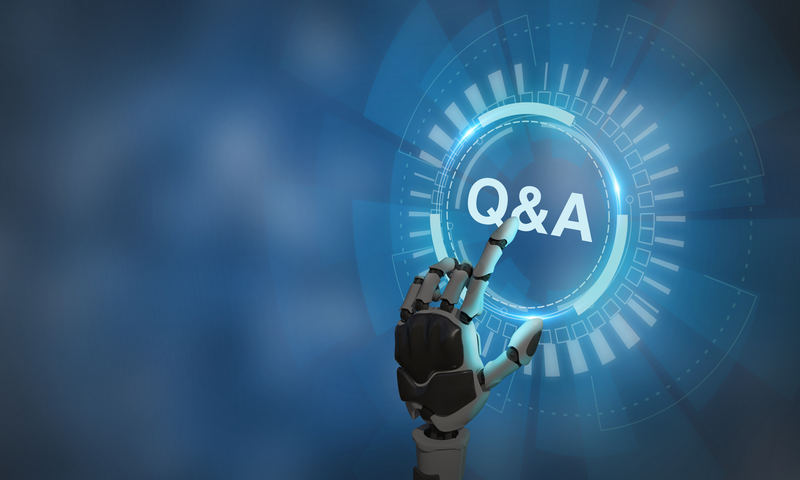
This New Manufacturing Technology Gives Your Team Superpowers
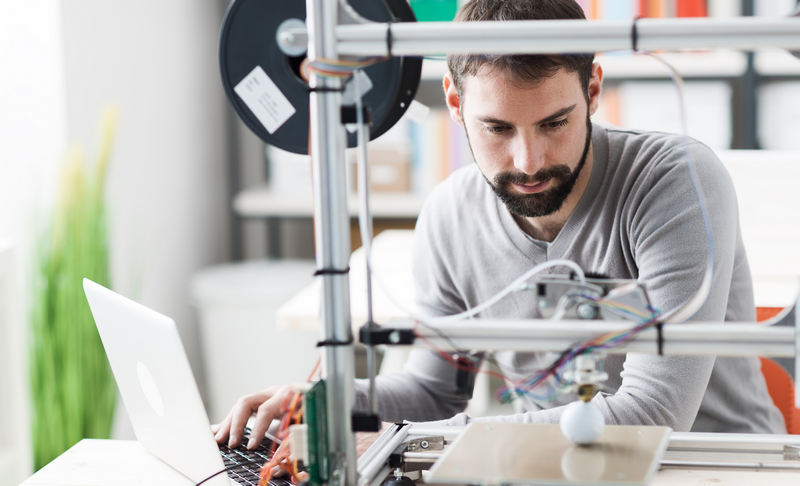
Revolutionizing American Manufacturing
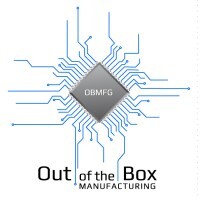
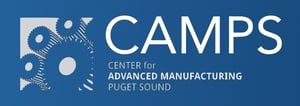
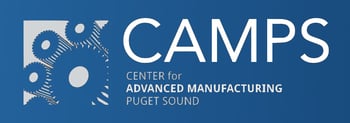

No Comments Yet
Let us know what you think